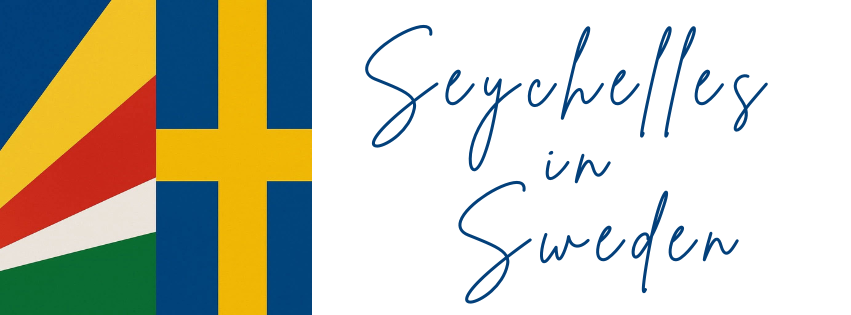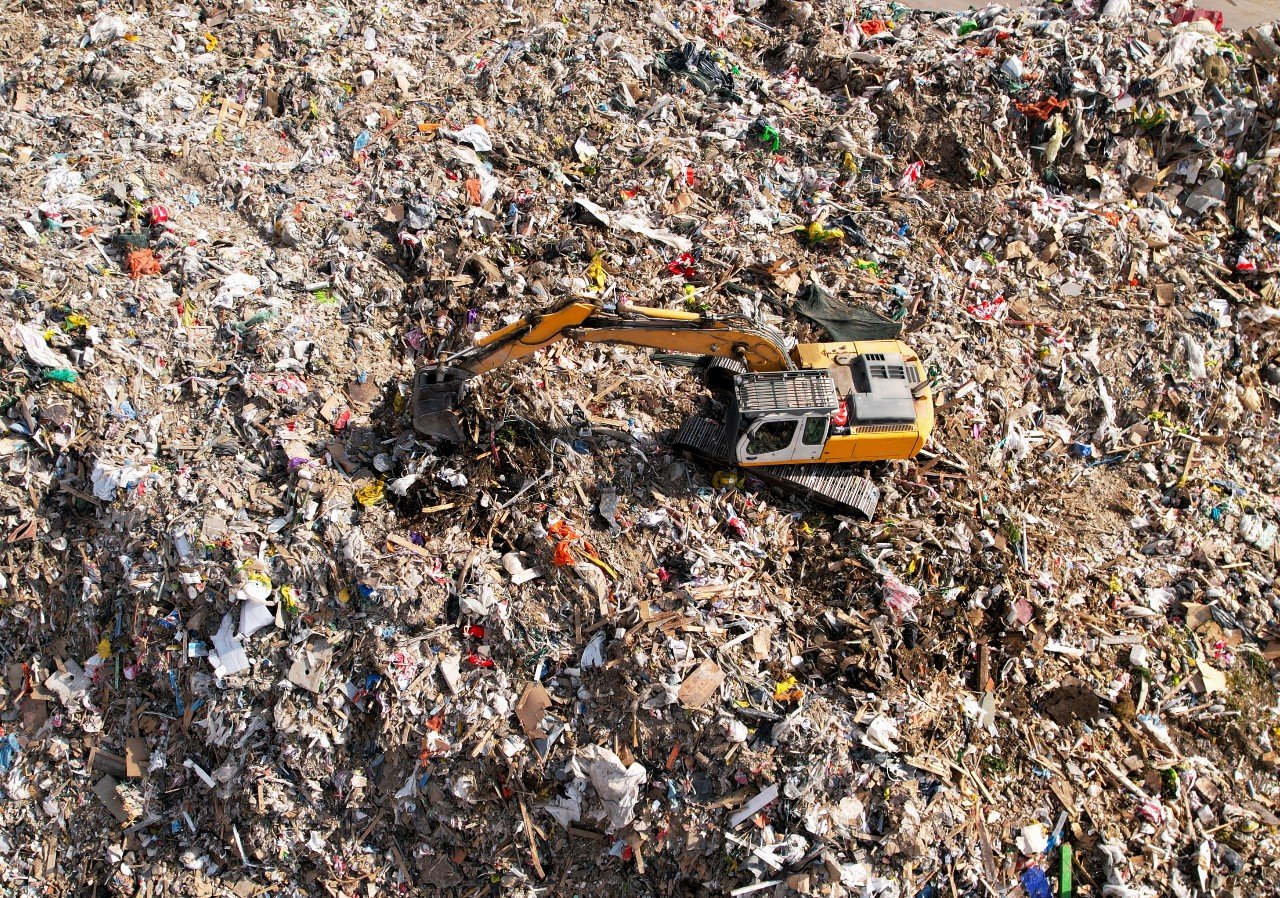How Swedish circular economy practices can cut waste and boost sustainable tourism in Seychelles
By Mr. Salim C. Mathieu
Seychelles faces a clear opportunity. As tourism continues to be the backbone of the economy, managing waste better and turning waste into value will protect the islands natural assets, lower import bills and create new jobs. Sweden has become a global leader in circular economy practice at municipal and regional level, with places such as Umeå offering practical models that can be adapted to island realities. This blog explains what Sweden does well, what Seychelles is already doing, and the most practical pathways for a Seychelles Sweden circular economy exchange that both reduces waste and strengthens sustainable tourism.
Why circular economy matters for Seychelles
Seychelles depends on imports for many goods and on pristine nature to attract tourists. Waste mismanagement threatens beaches, marine life, and visitor experience, while also increasing public costs. The Government of Seychelles has been moving toward a circular economy through its Solid Waste Masterplan 2020 to 2035 and a newly framed National Solid Waste Policy 2025 to 2030. These documents set the foundation for waste reduction, reuse and recycling, and for turning waste streams into local business opportunities. Implementing circular approaches will help reduce landfill pressure, create green jobs and provide feedstock for local industries such as compost for agriculture and recycled material for construction.
What Sweden and Umeå offer, in practical terms
Umeå has been profiled by the OECD and Swedish municipal agencies as a frontrunner in applying circular economy principles at city scale. The municipality has used life cycle thinking, stakeholder mapping and pilot projects to reduce consumption based emissions and make public procurement circular. Key Swedish strengths to borrow include: municipal scale systems thinking, circular public procurement, productive reuse of organic waste, extended producer responsibility and innovation hubs that link research, business and local government. These are not theoretical ideas, they are practical measures that can be adapted for smaller scales.
Recent engagement between Seychelles and Sweden
In 2025 a Seychelles high level delegation, led by the Minister for Agriculture, Climate Change and Environment, visited Umeå to study circular economy initiatives, waste management solutions and sustainable urban planning. The visit aimed to identify practical pilots and partnerships that can be implemented back home. At the same time, multilateral partners such as UNEP, UNDP and ILO are supporting Seychelles to develop a national circular economy roadmap and strengthen skills, finance and institutional frameworks. This alignment of political will and technical support creates a strong window of opportunity for Sweden Seychelles cooperation.
Priority areas for Seychelles Sweden cooperation
Organic waste valorisation, including tourism sector food waste
Food waste represents a major opportunity. Resorts and hotels generate predictable, high quality organic waste that can be converted into compost, biogas or feedstock for aquaculture and agriculture. Sweden has municipal and commercial models for distributed composting and anaerobic digestion that could be piloted at resort clusters or at community scale in Seychelles. The output can be used by local farmers and landscaping businesses, reducing fertilizer imports and the carbon footprint of tourism. Relevant Seychelles policy frameworks and grant schemes already prioritise this sector.
Circular procurement for tourism supply chains
Public and private procurement is a leverage point. Umeå and other Swedish municipalities use circular procurement to prefer products with longer life, repairability and reuse potential. Seychelles tourism authorities and large resort groups can adopt circular procurement rules for catering supplies, furniture and construction materials. This reduces waste, extends product lifetimes and creates demand for local repair and refurbishment businesses.
Packaging and deposit return systems
Seychelles has experimented with plastic reduction and deposit refund measures. Sweden’s experience with producer responsibility and deposit schemes provides a tested pathway to reduce litter and ensure materials reenter productive cycles. A targeted deposit scheme for beverage containers used in hotels, tours and retail can rapidly increase collection rates while supporting a local recycling industry.
Skills, jobs and social inclusion
A circular transition must include people. The ILO and local agencies are already mapping skills needs in Seychelles. Sweden can support vocational training, apprenticeships and social enterprise models that hire youth and women, closing the gap between policy and practice. Training in equipment maintenance, composting operations and reverse logistics will create tangible job outcomes.
Circular tourism products and marketing
Circular practices are also marketable. Positioning Seychelles as a circular tourism destination for Swedish and Nordic visitors creates a niche product. Examples include low waste resorts, farm to table dining using local compost fed produce, and eco certified tour operators that use refillable amenities and circular procurement. These product stories attract higher value guests and extend stays.
Financing and pilots, a pragmatic route forward
Start small, scale fast. Use blended financing that combines grant funding (for example from the UNEP Joint SDG Fund), targeted challenge funds run by the Seychelles Ministry of Finance, and private sector co financing. A practical pilot package could include: a resort cluster organic waste to compost initiative, a municipal deposit return pilot in a tourism town, and a circular procurement program for one government ministry. Lessons from Umeå show that local stakeholder engagement and clear metrics are crucial for scaling.
Measuring success, and what to report
Track outcomes that matter to both tourists and policy makers, for example: tonnes of waste diverted, jobs created, fertilizer produced, cost savings for resorts, and visitor satisfaction metrics. Reporting these outcomes publicly will build credibility and attract further Swedish and international partners.
Conclusion, and a call to Sweden and Seychelles partners
There is a clear, fast path for Seychelles to translate Swedish circular economy expertise into island scale solutions that protect beaches, grow green jobs and raise the quality of the tourism product. The recipe is practical: pilot organic waste valorisation, adopt circular procurement rules, implement deposit systems, invest in skills, and package circular tourism products for the Nordic market. Sweden offers tested municipal models and research partners, and Seychelles has the policy momentum and tourism demand to make circular solutions visible and scalable across the region.

